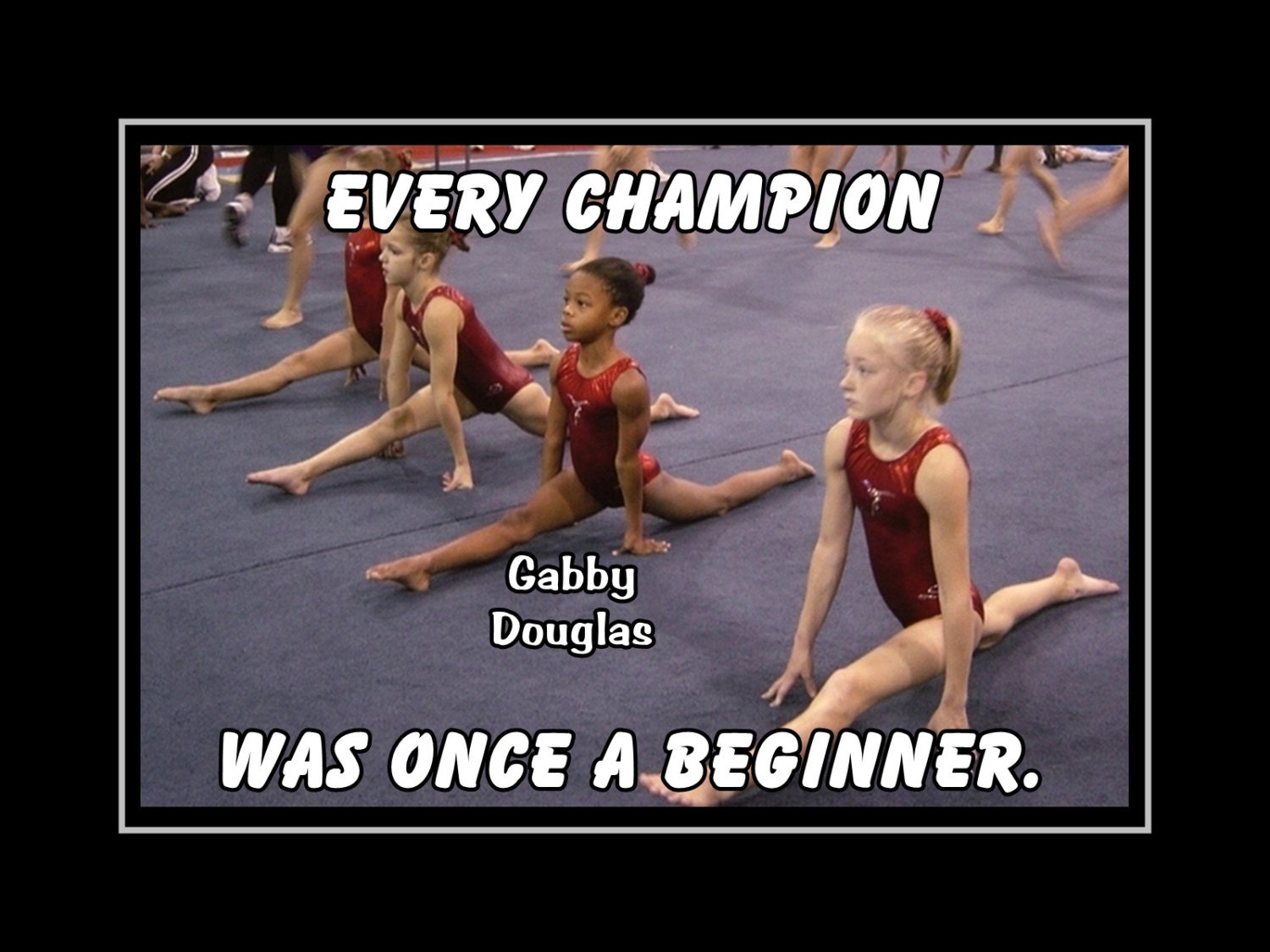Back handsprings are an essential tumbling skill,
forming the foundation for complex tumbling moves and more advanced
skills, including tucks, flips and aerial exercises. Perfecting the back
handspring can be challenging. This skill requires strength,
flexibility and confidence and may take months of consistent training
and practice to learn and perfect.
Some basic exercises at home or at the gym can
help develop the strength and flexibility required for back handsprings.
Do handstands at home, either against the wall or free standing. Take
time for pushups and situps daily to strengthen the abdominal, back and
shoulder muscles. Hold a 5-lb. weight or a pair of 5-lb. weights during
workouts in each hand and lift straight up above your head to work key
arm and shoulder muscles.
Several drills can help to prepare you for a back
handspring. Stand slightly away from a wall, leaving enough room for
your thighs, and slide into a wall sit. This will help to develop a feel
for the correct positioning of the starting movement of the back
handspring. Work on back limbers over a rounded half-circle mat to
develop the muscles and movement needed in your back for the trick.
Practice jumping backward onto a mat or into a pit of foam blocks to
build your confidence when you push off the ground.
Depending upon your gym, you may start back
handsprings on the floor, trampoline or a wedge mat. You may use a mat
for support on the floor or trampoline and the coach will spot, or help
support you, through back handsprings as you learn to do them
independently. To do a back handspring, you'll stand with arms in front
of you or above your head and spring backwards while arching your back.
Keep your back arched until your arms hit the floor, then spring in a
hollow position from your hands to your feet, ending with your feet
together and arms in front.
Once you can do a back handspring with a mat,
you'll begin to work on a round-off back handspring, gradually reducing
your mat thickness until you can do a round-off back handspring on the
floor and eventually a standing back handspring on the floor. Once you
can do a standing back handspring, you'll learn to do more than one in a
row for tumbling passes, then build on these skills. Do back
handsprings regularly to maintain the strength and flexibility you need.




